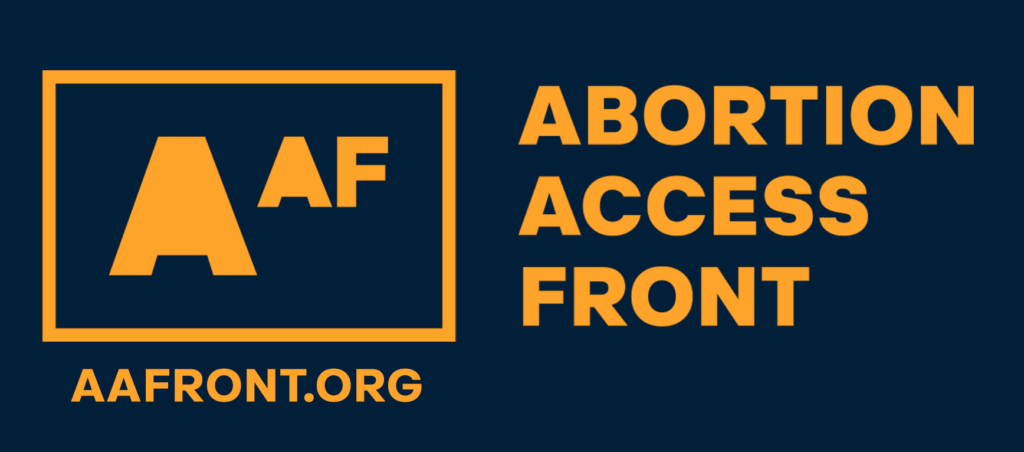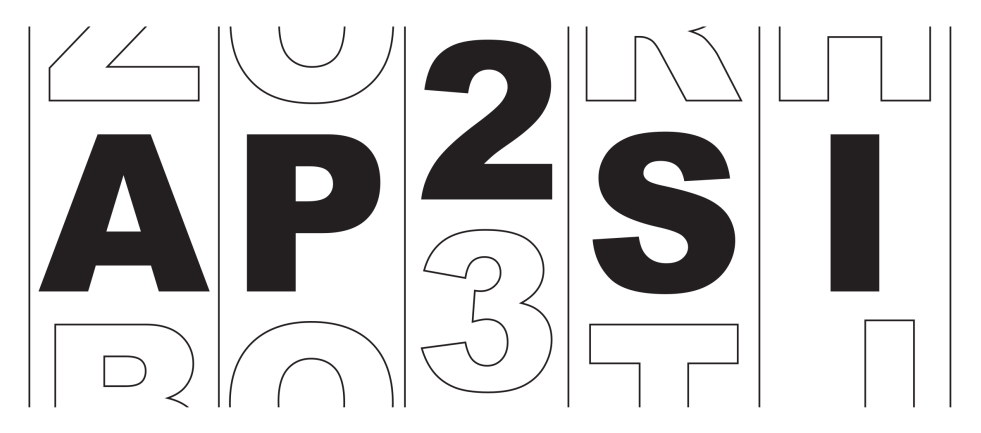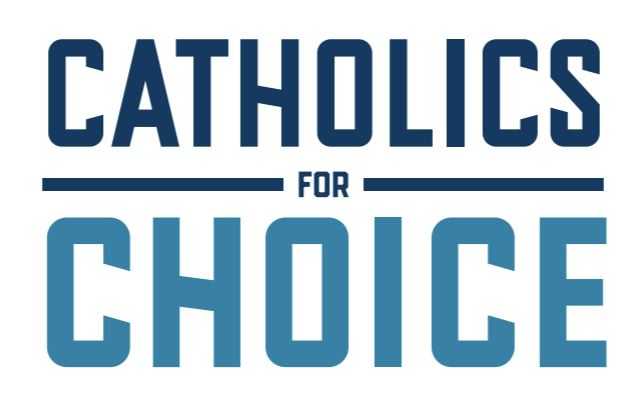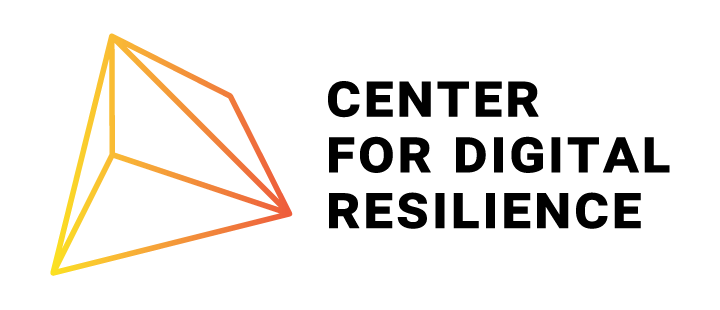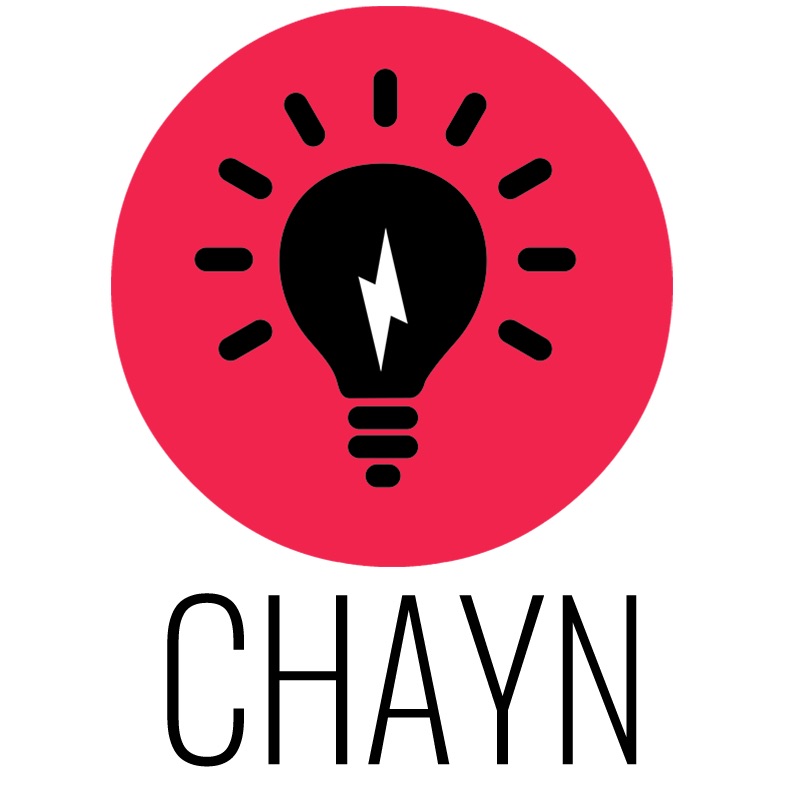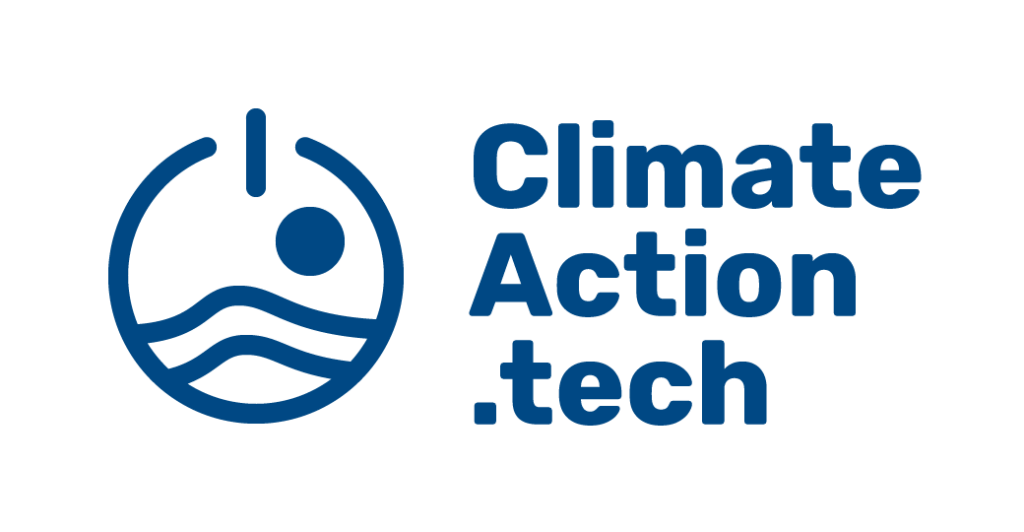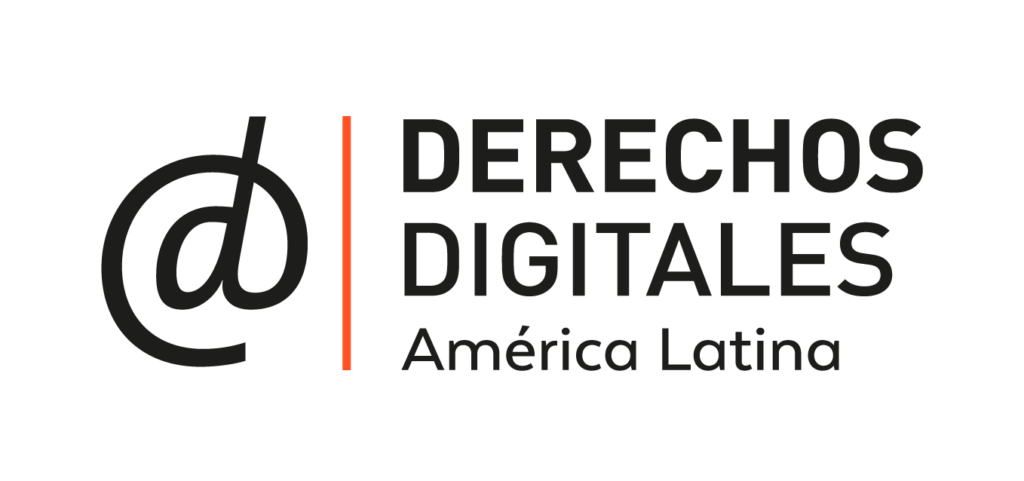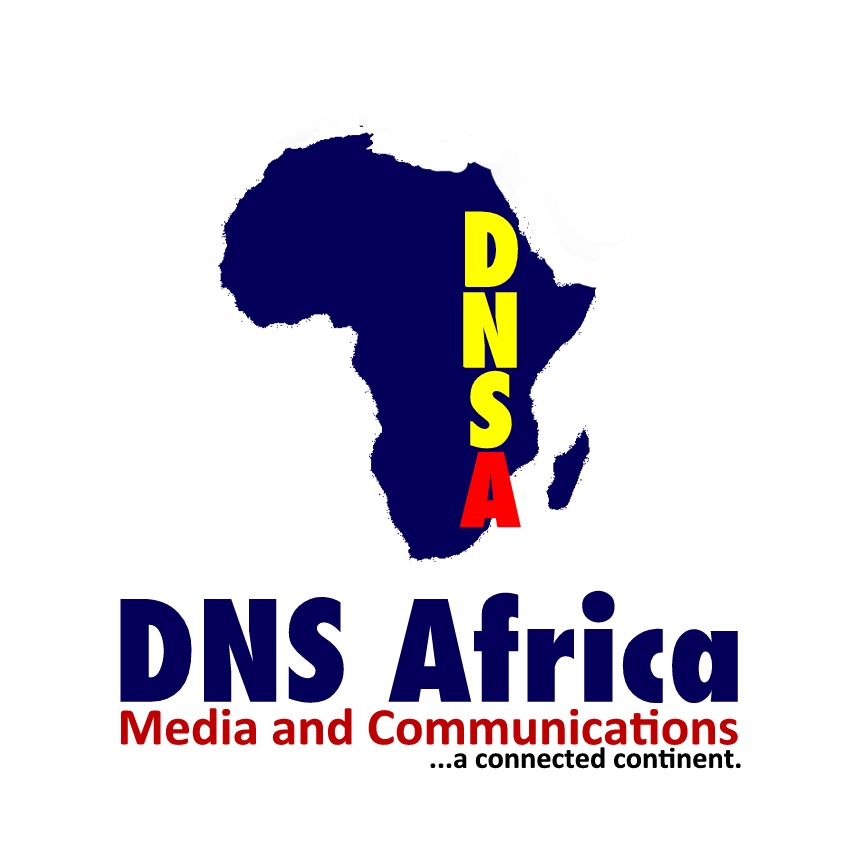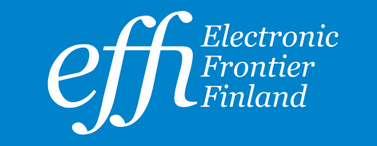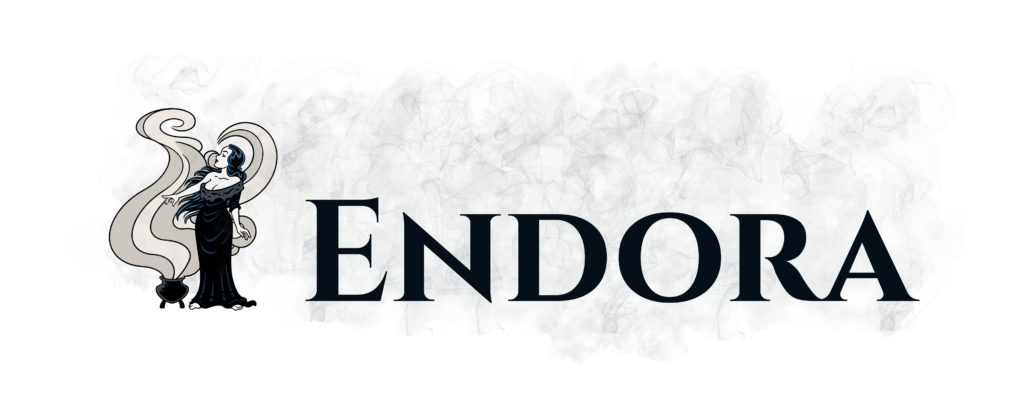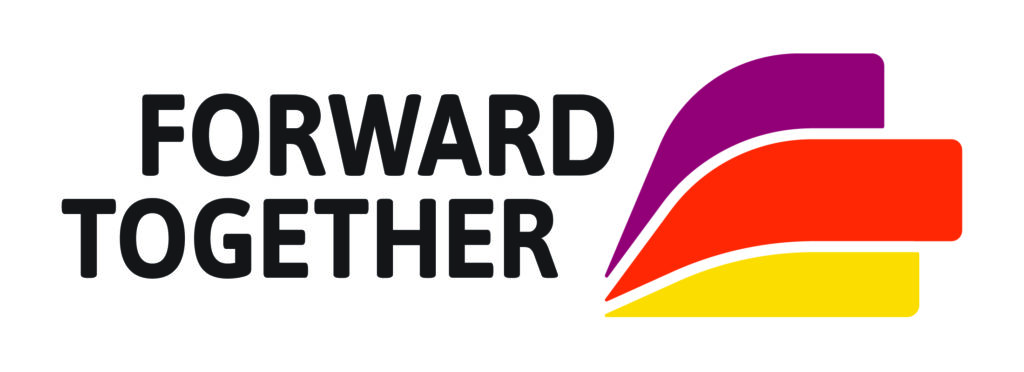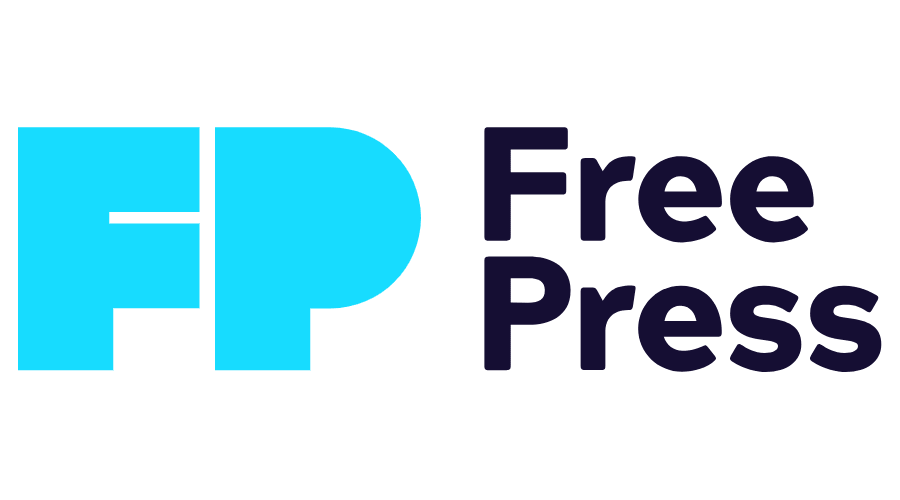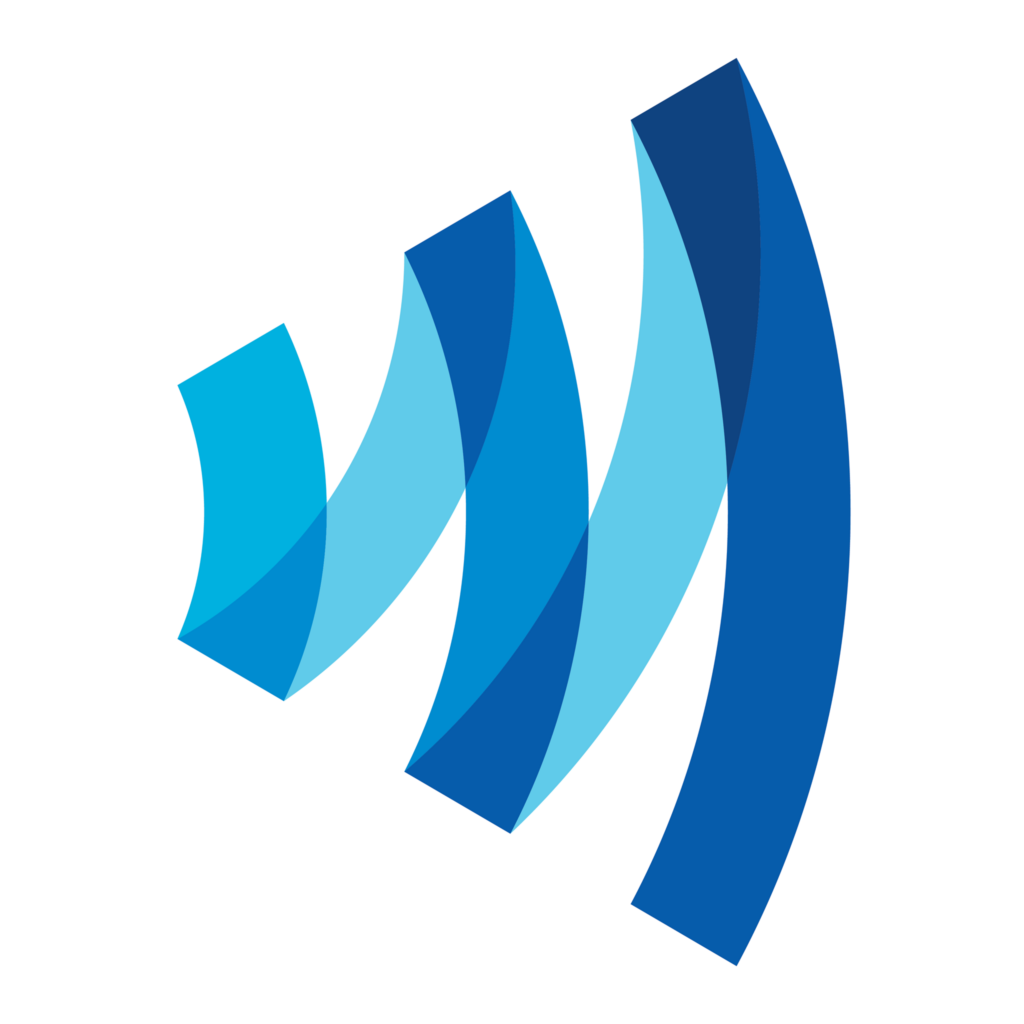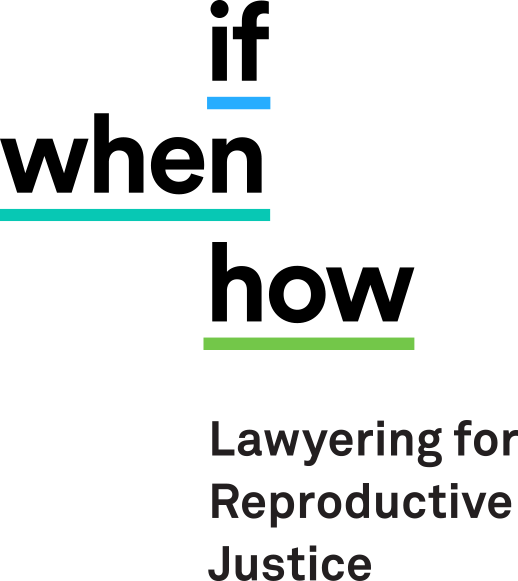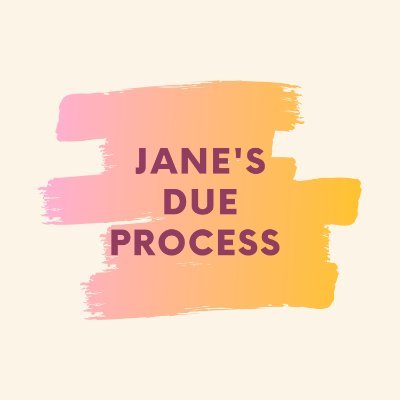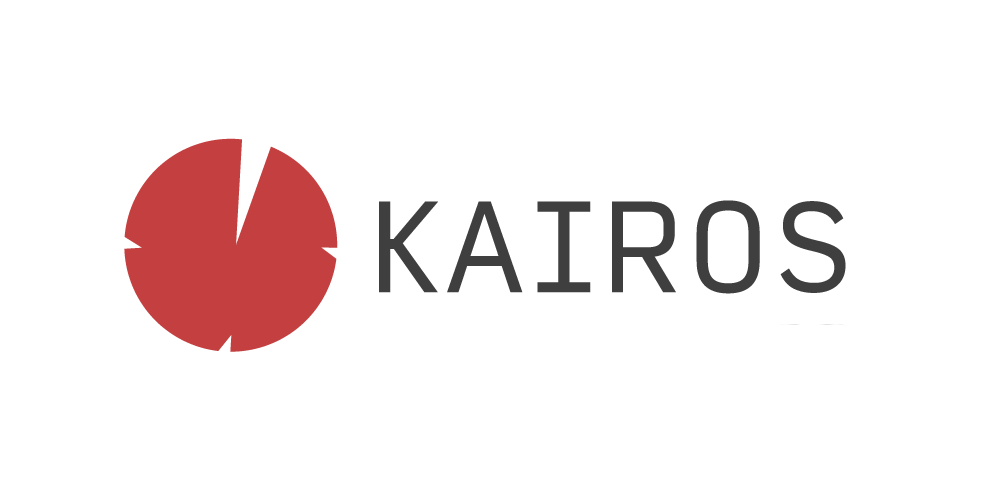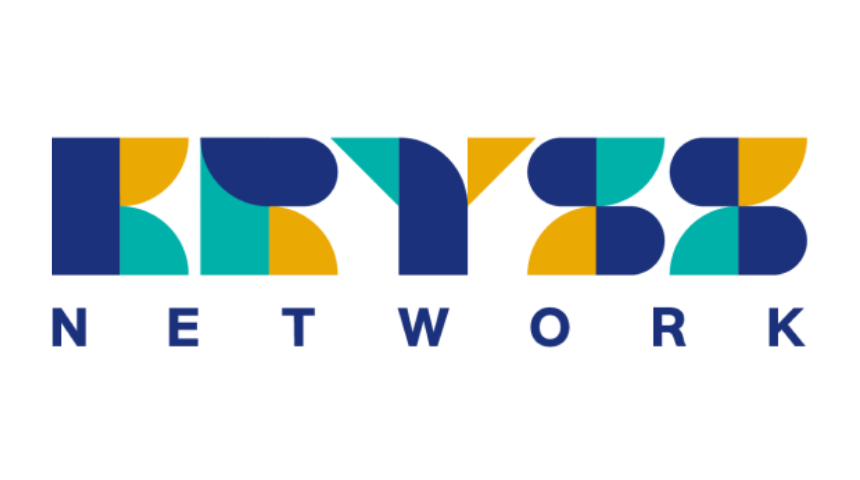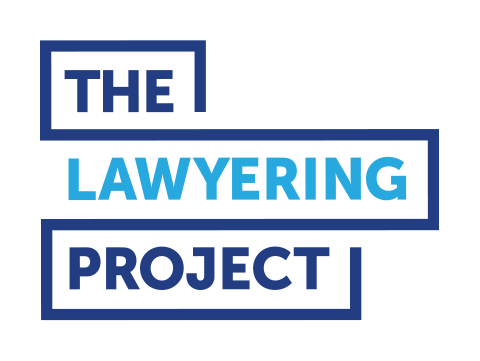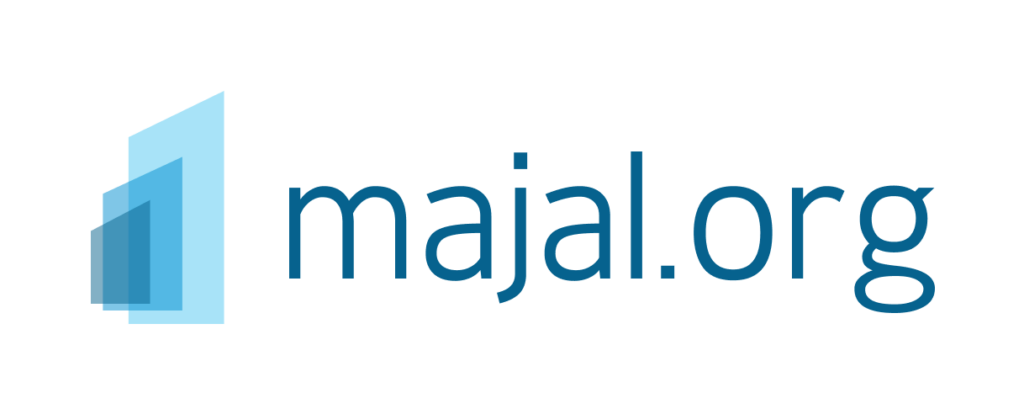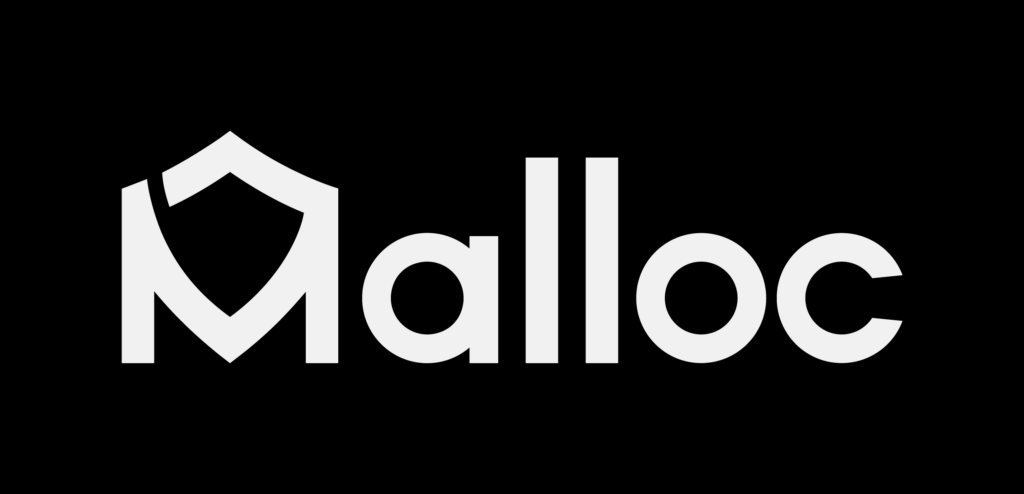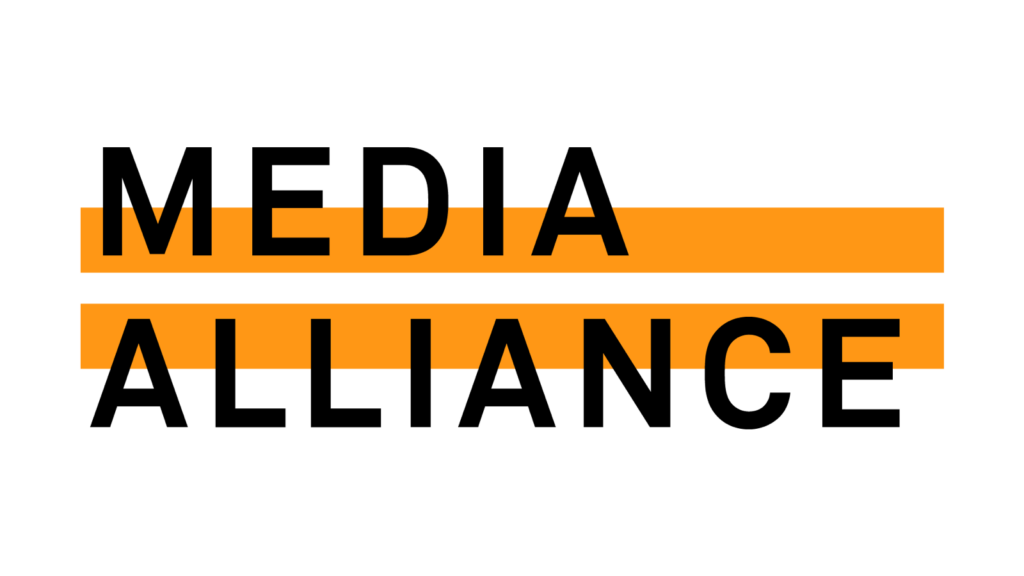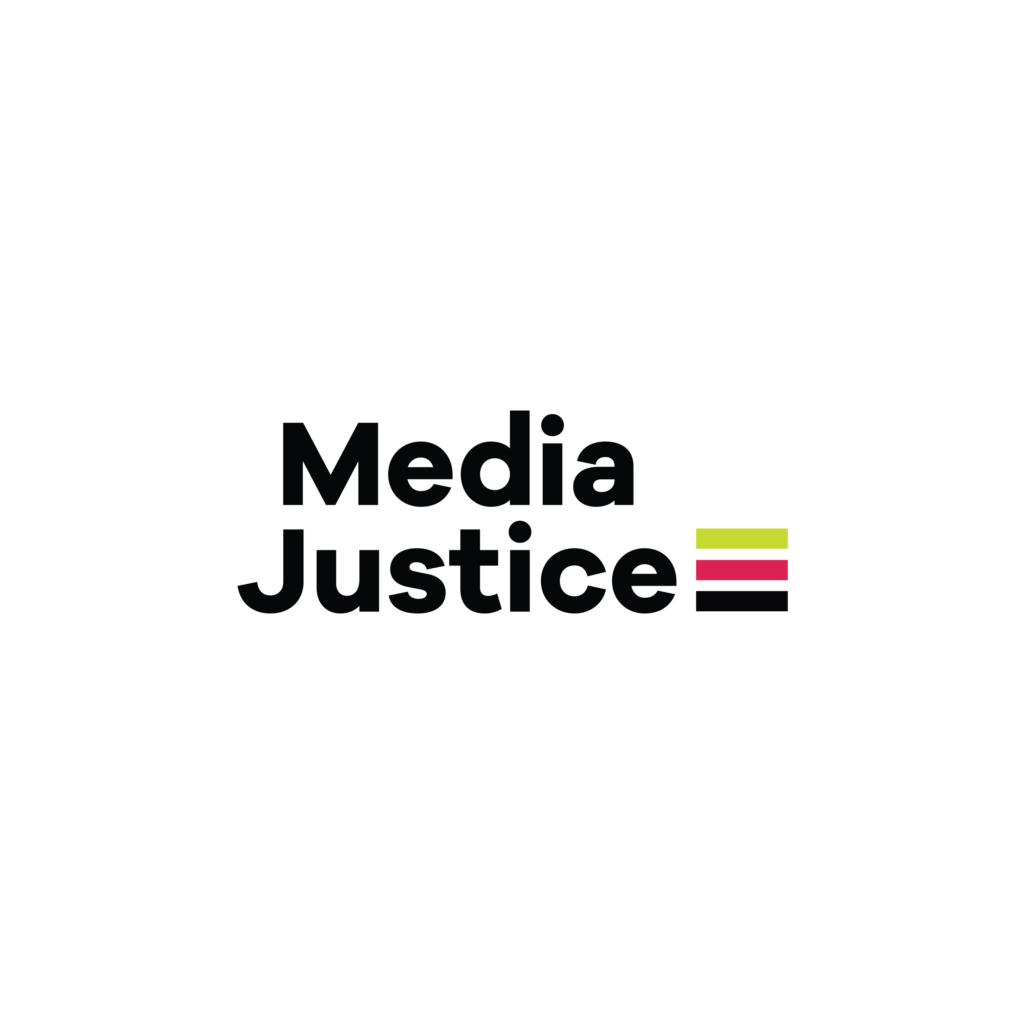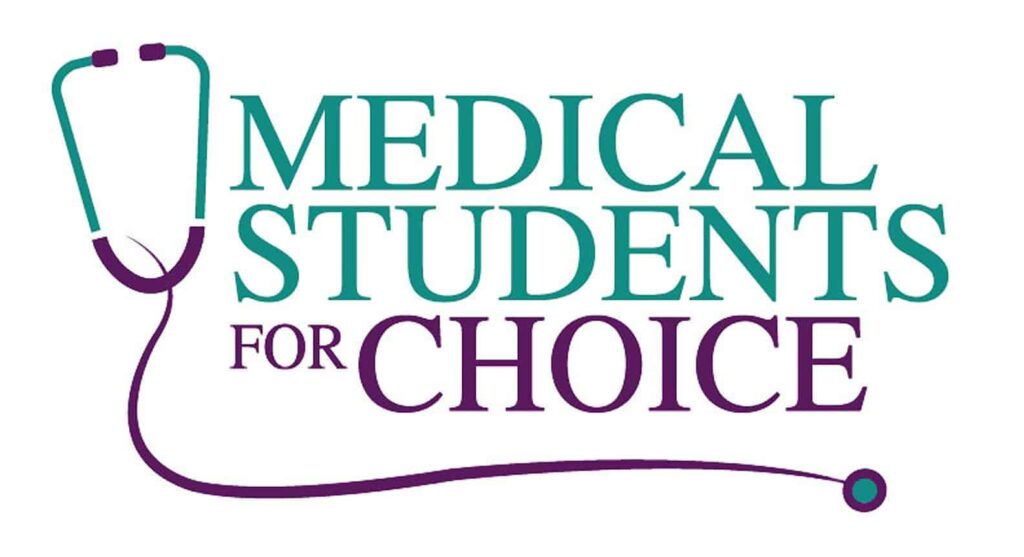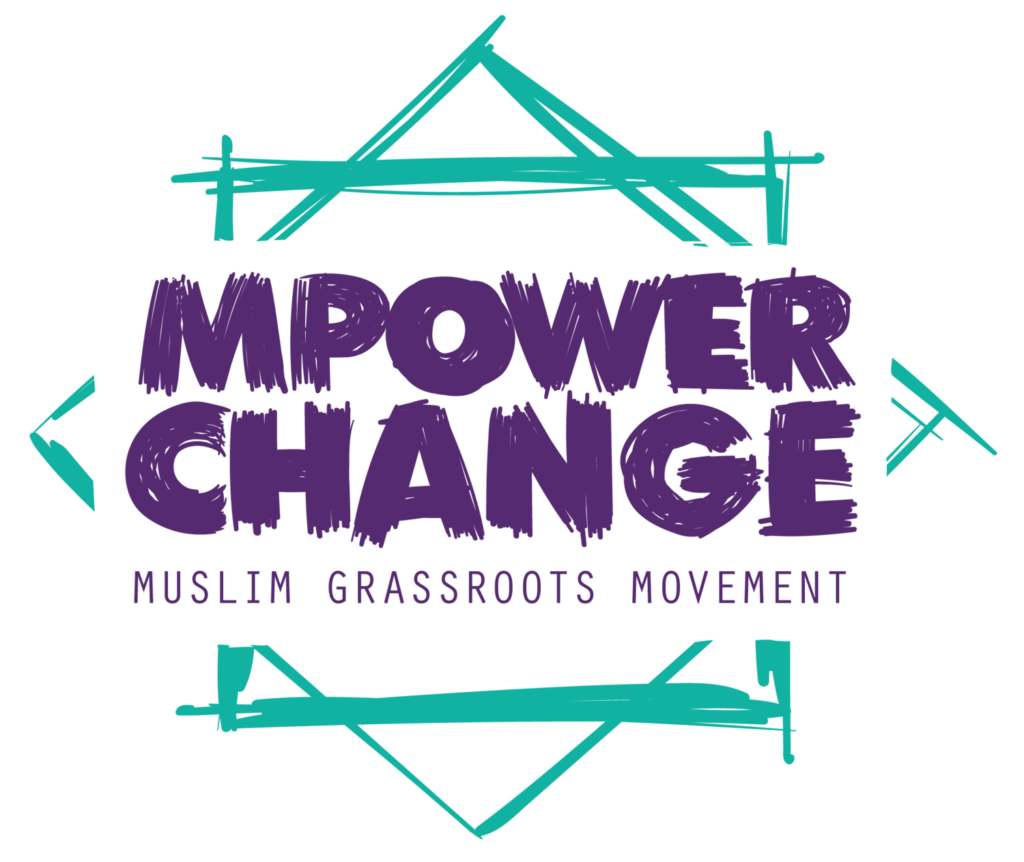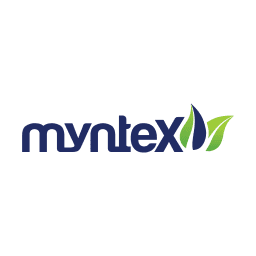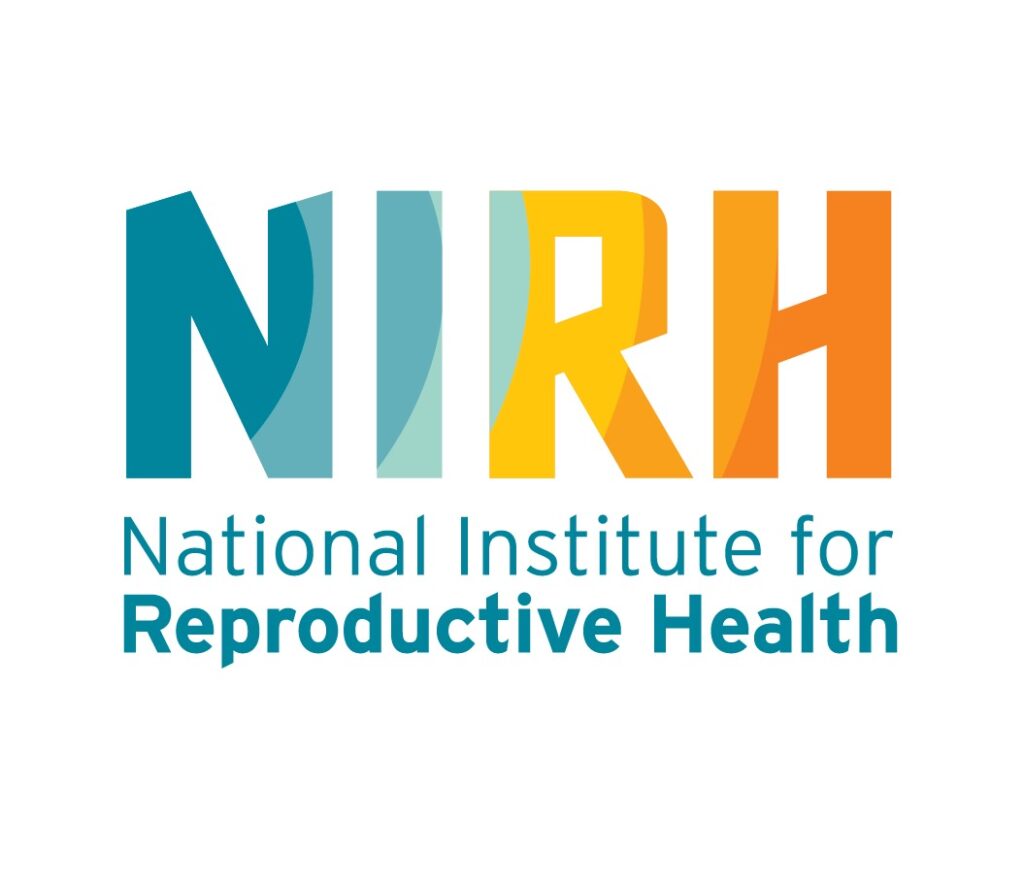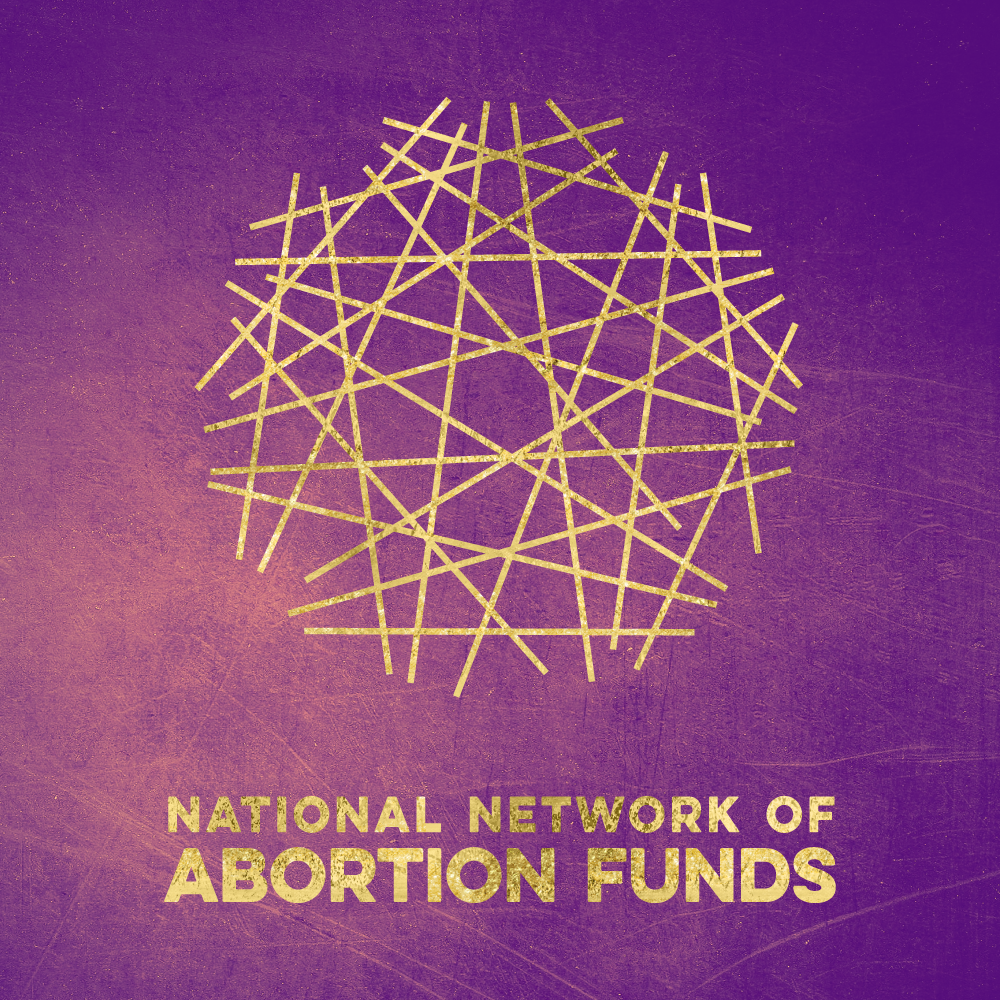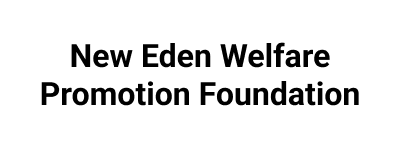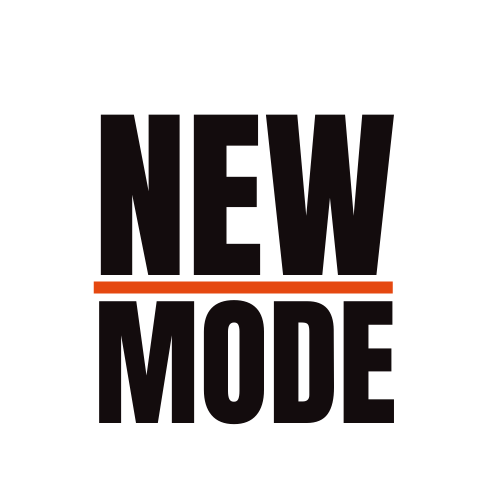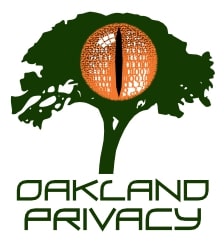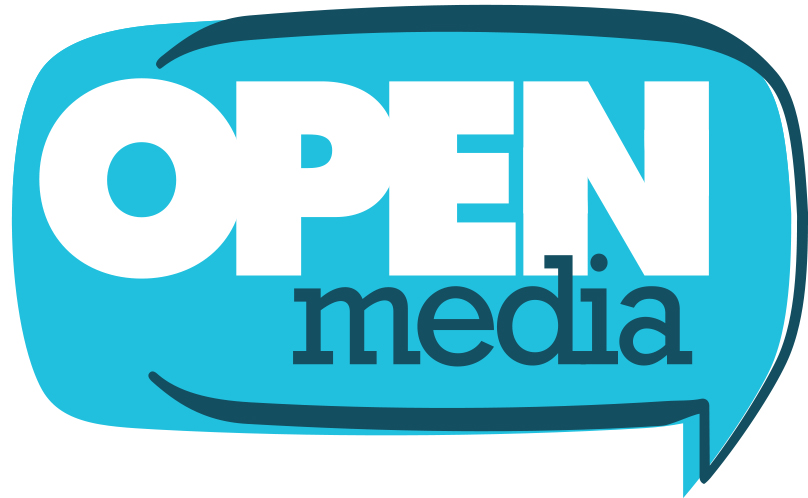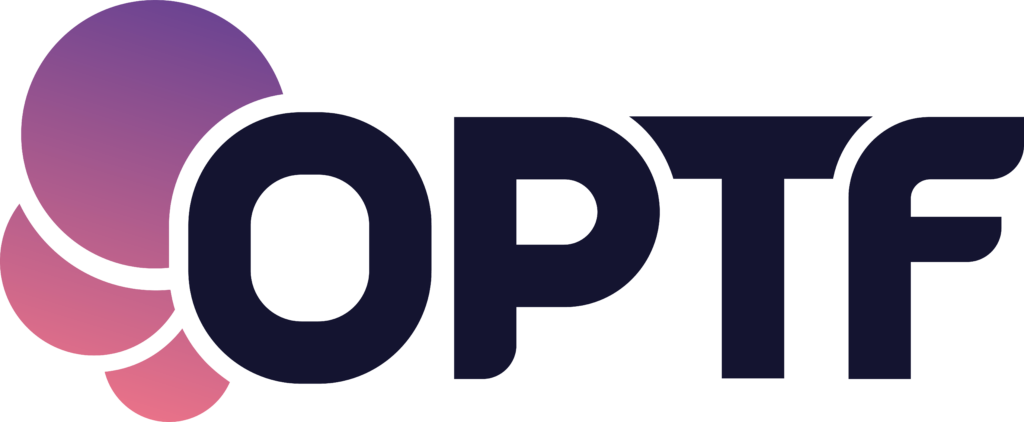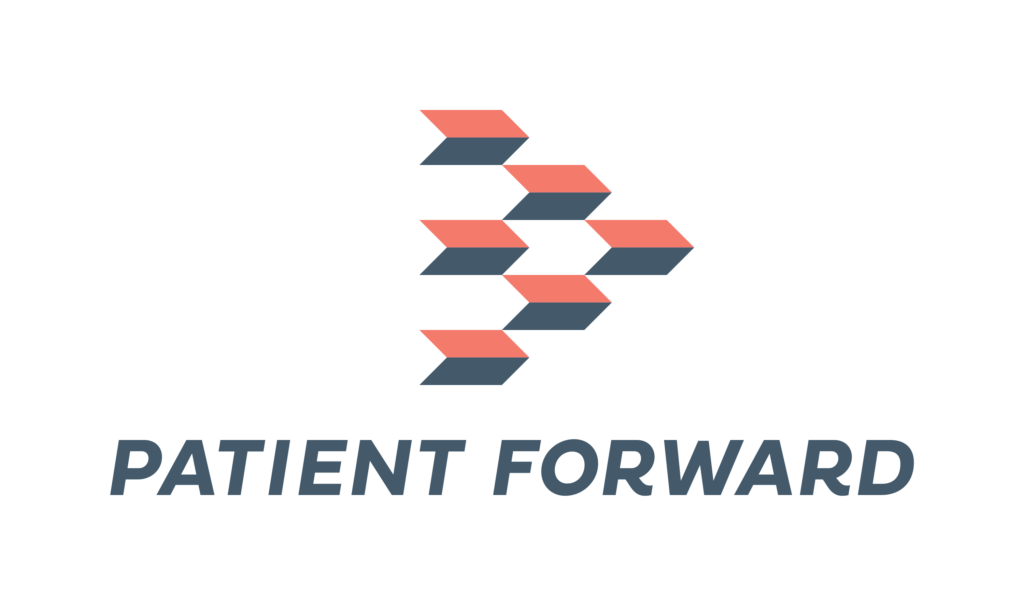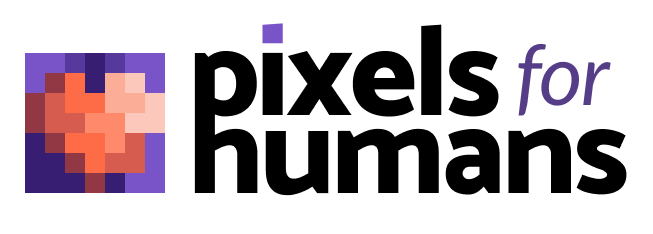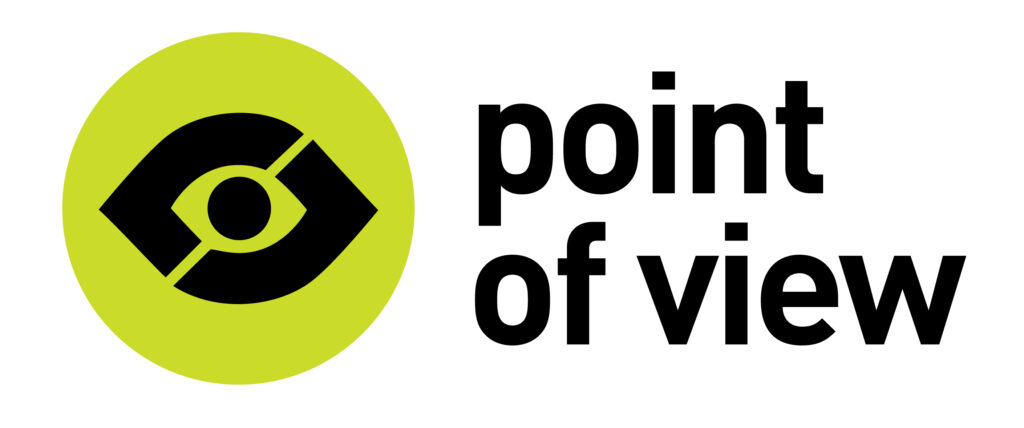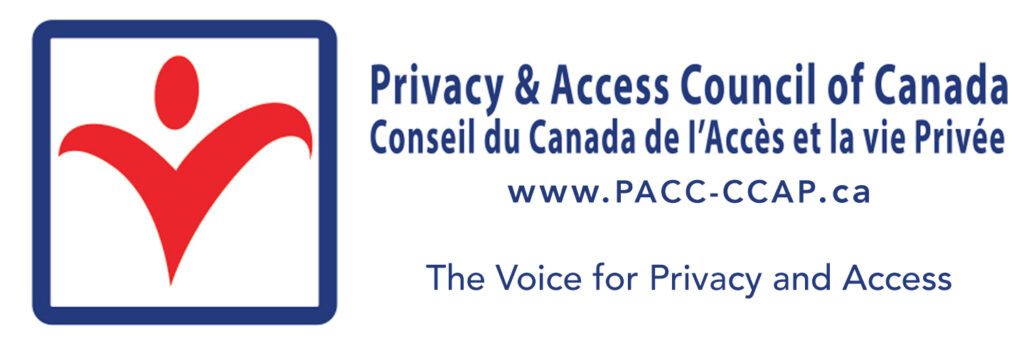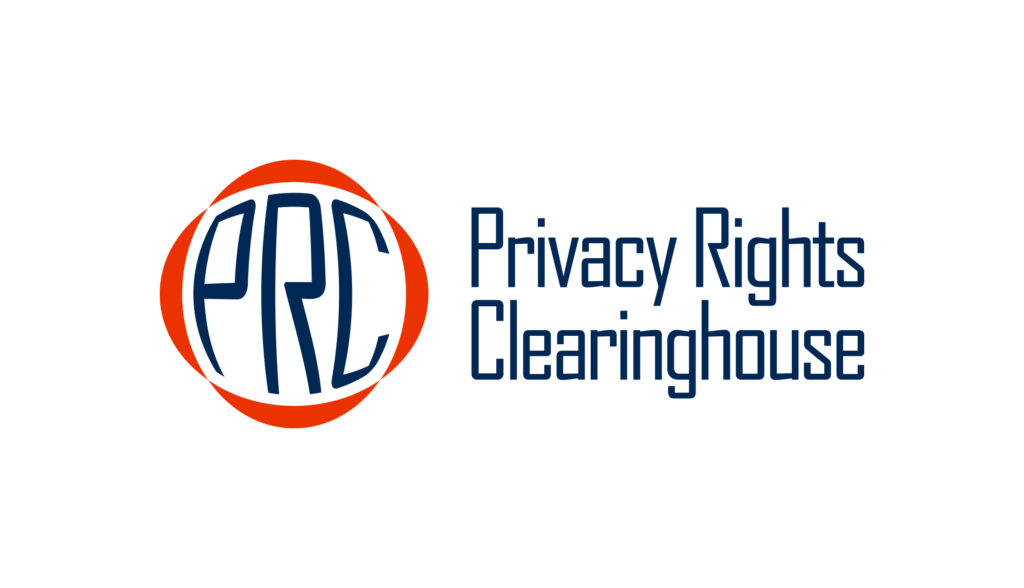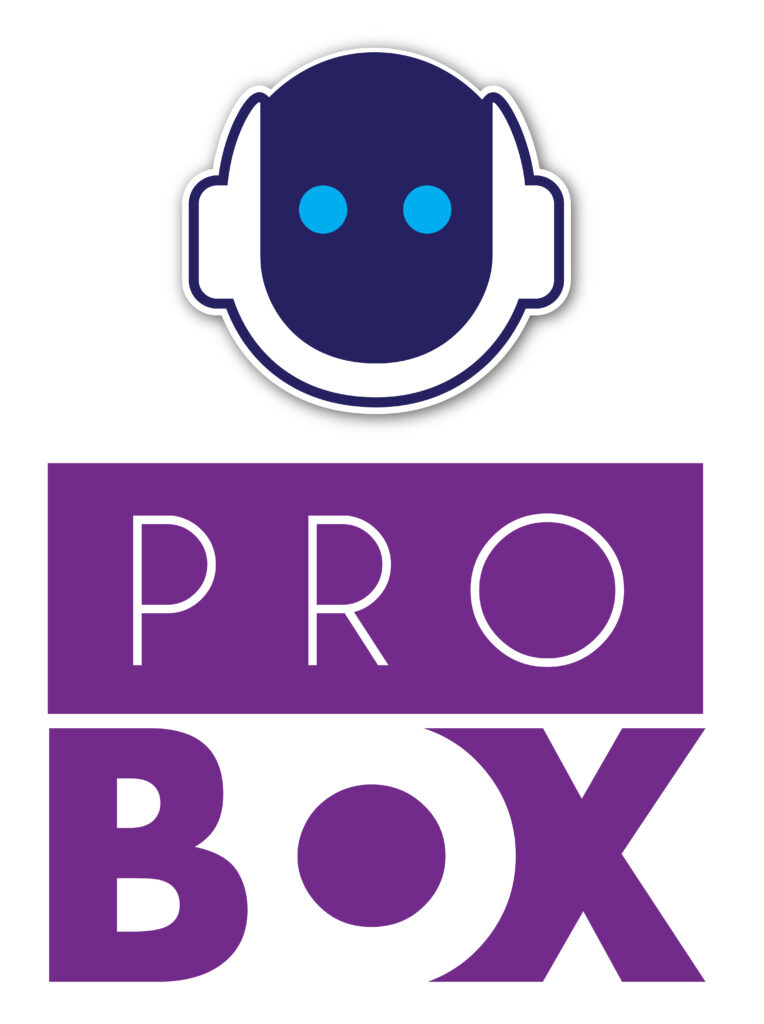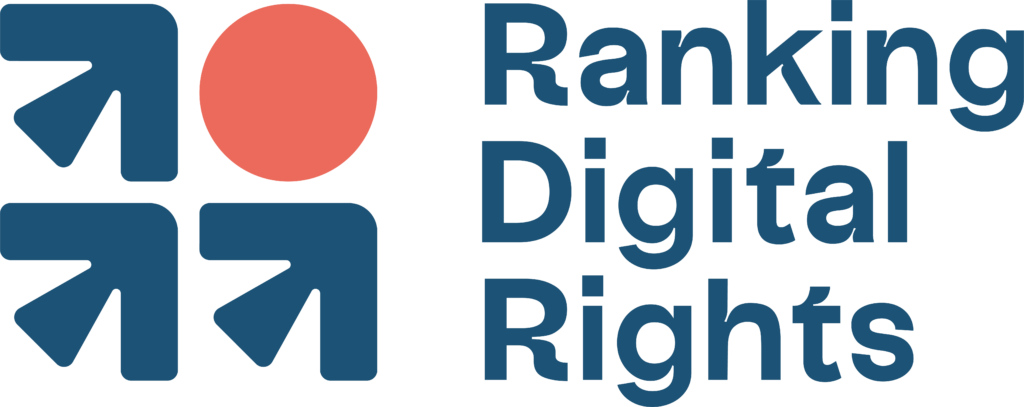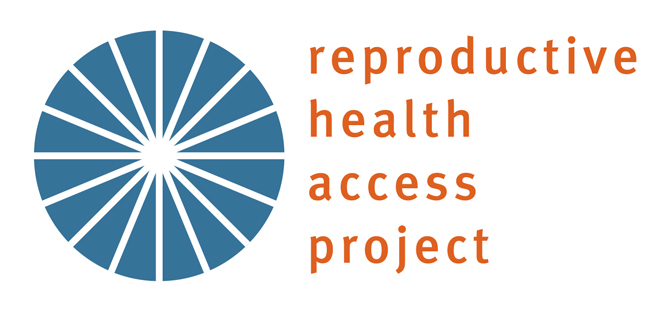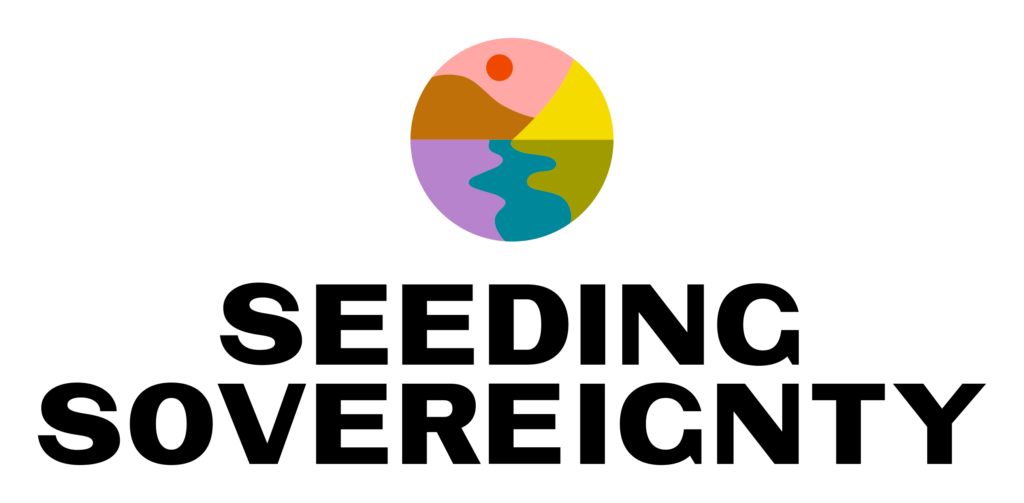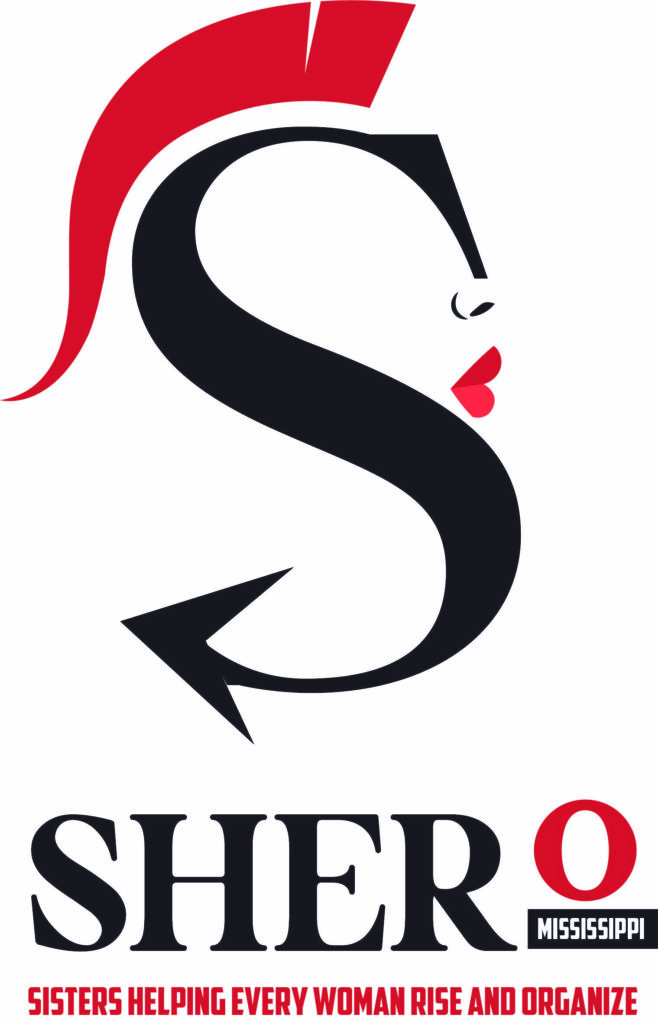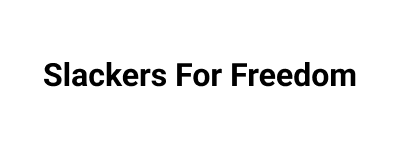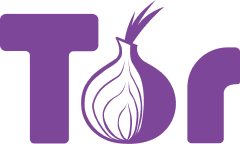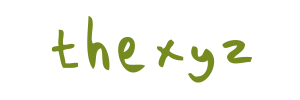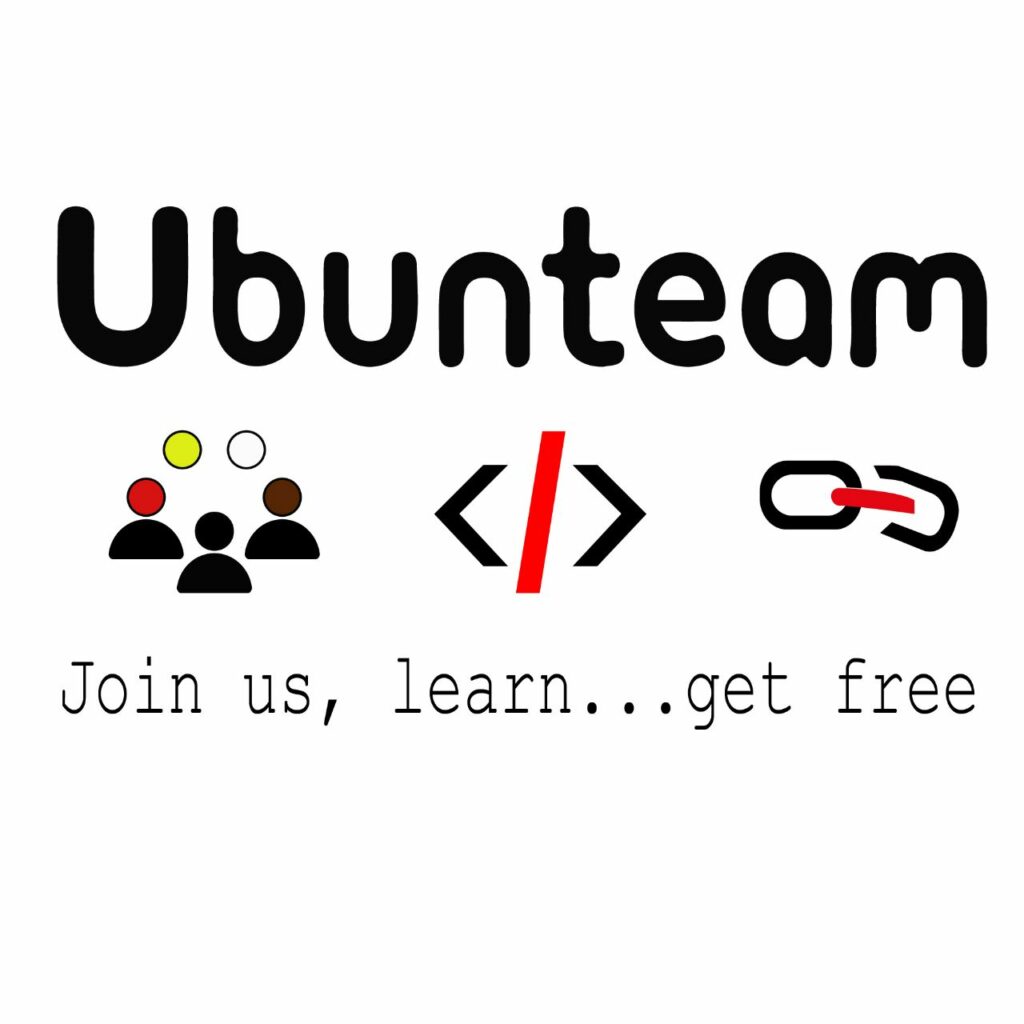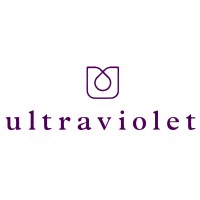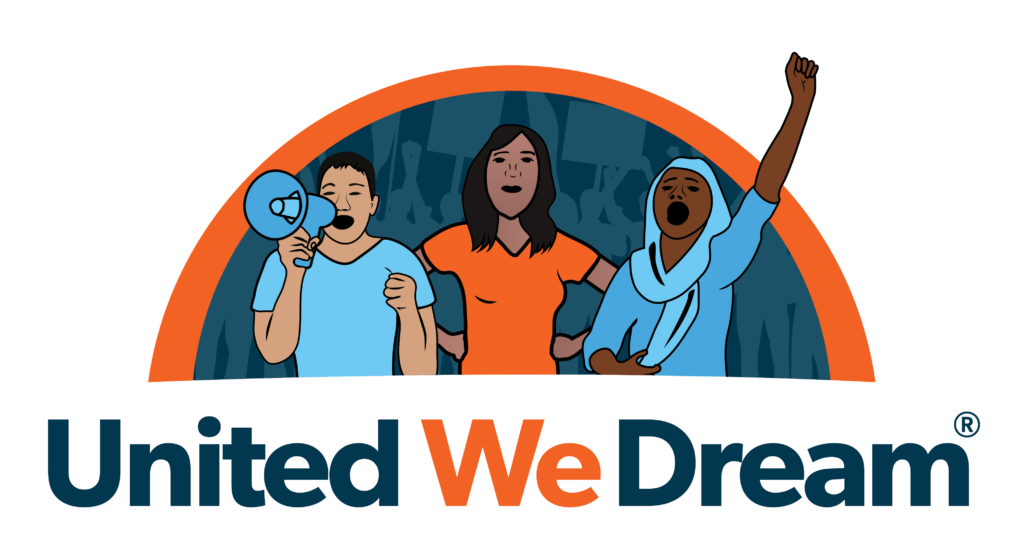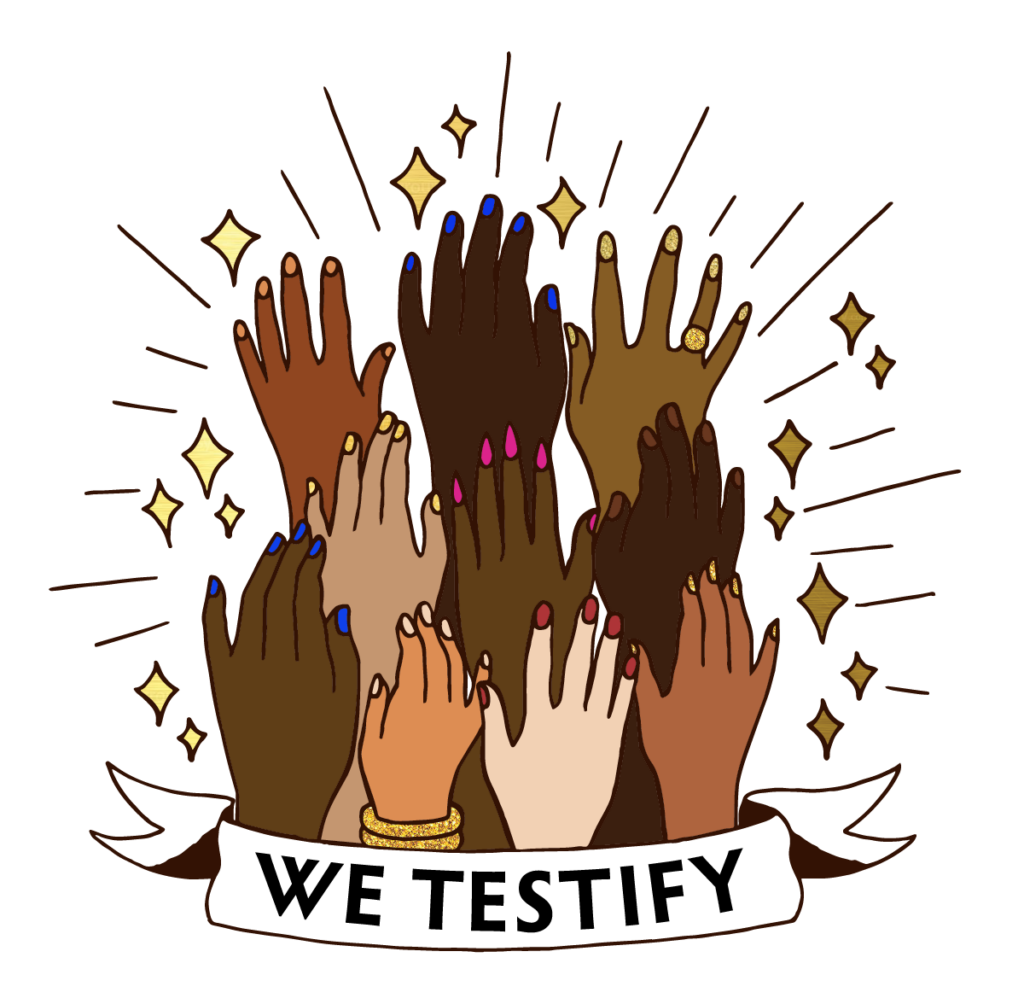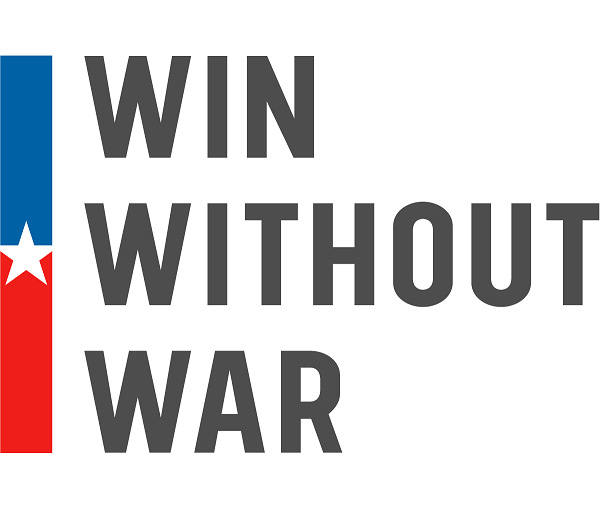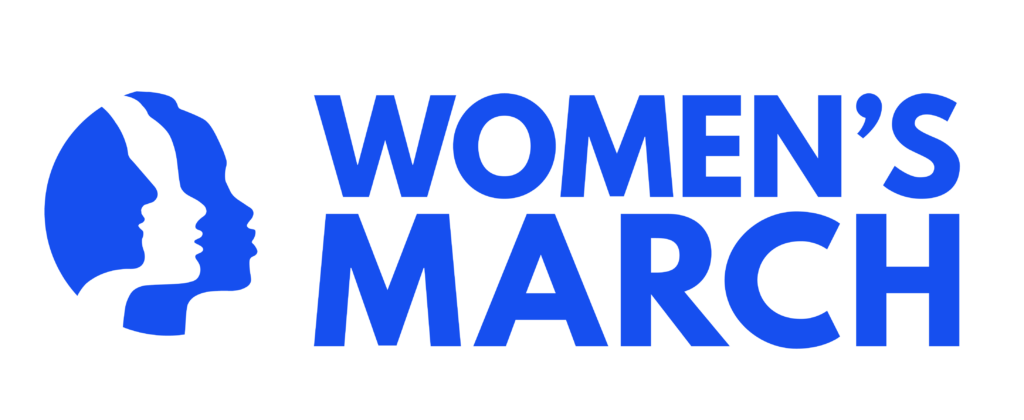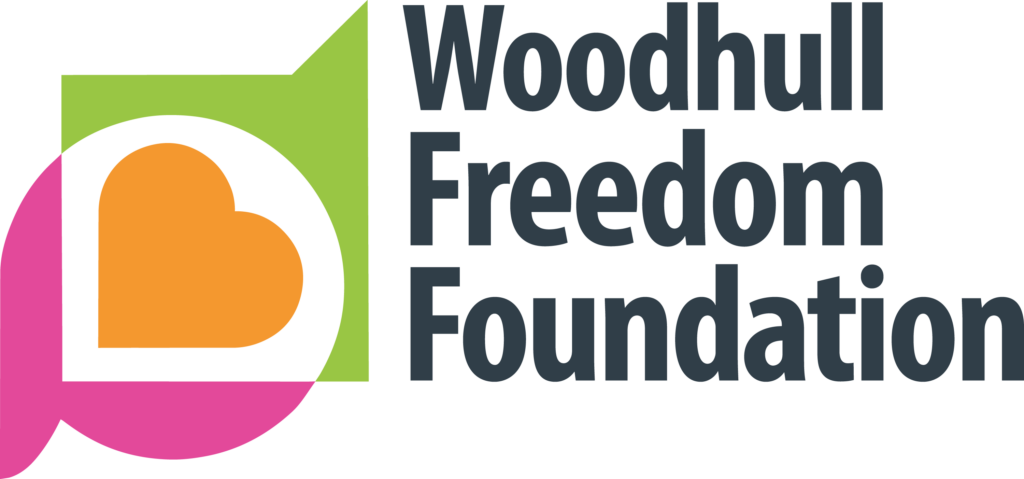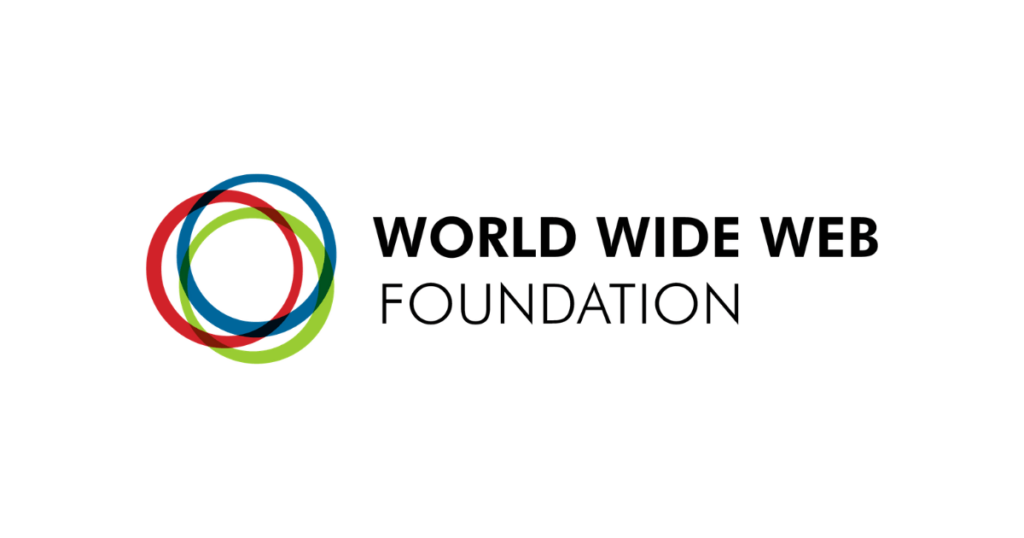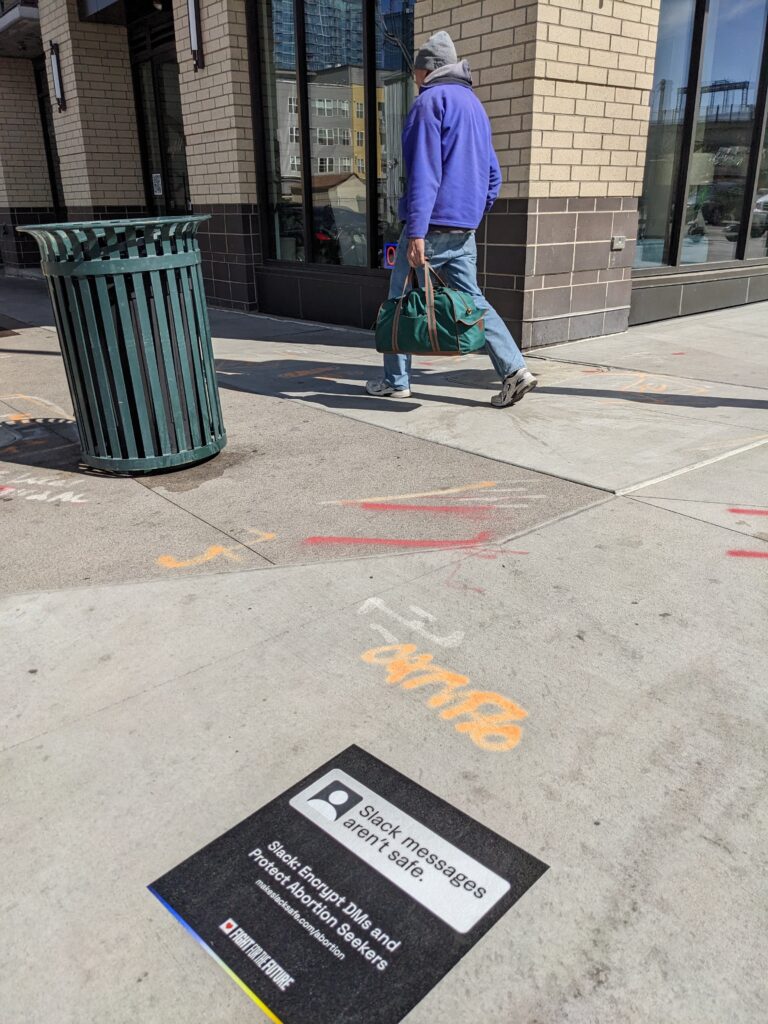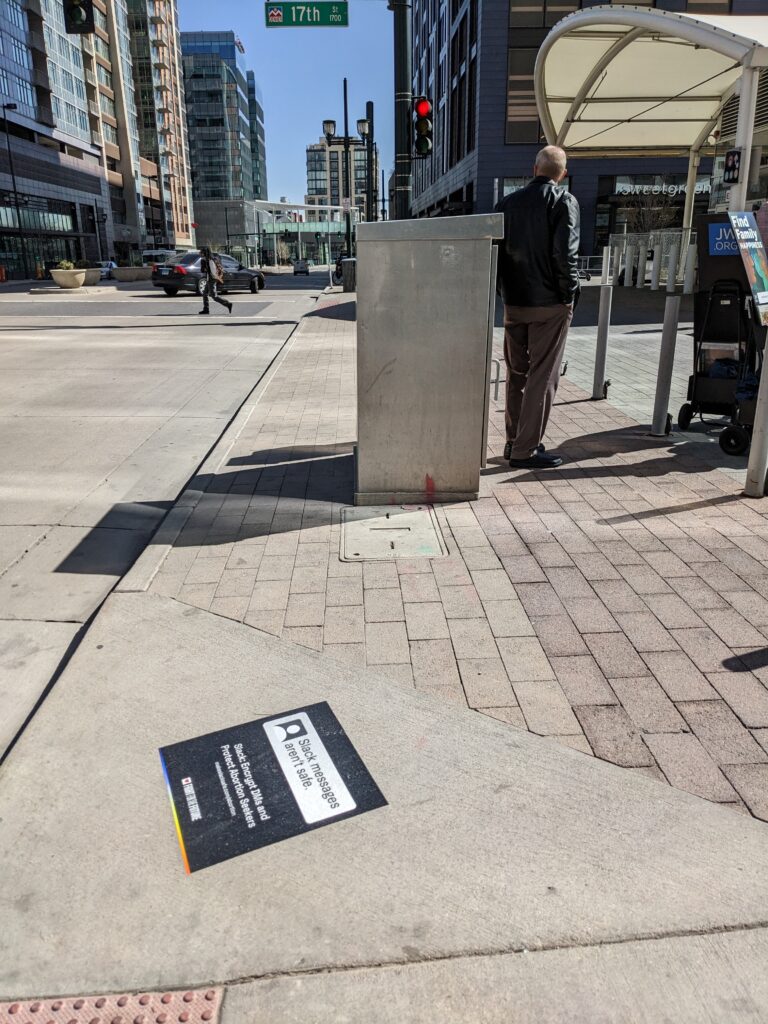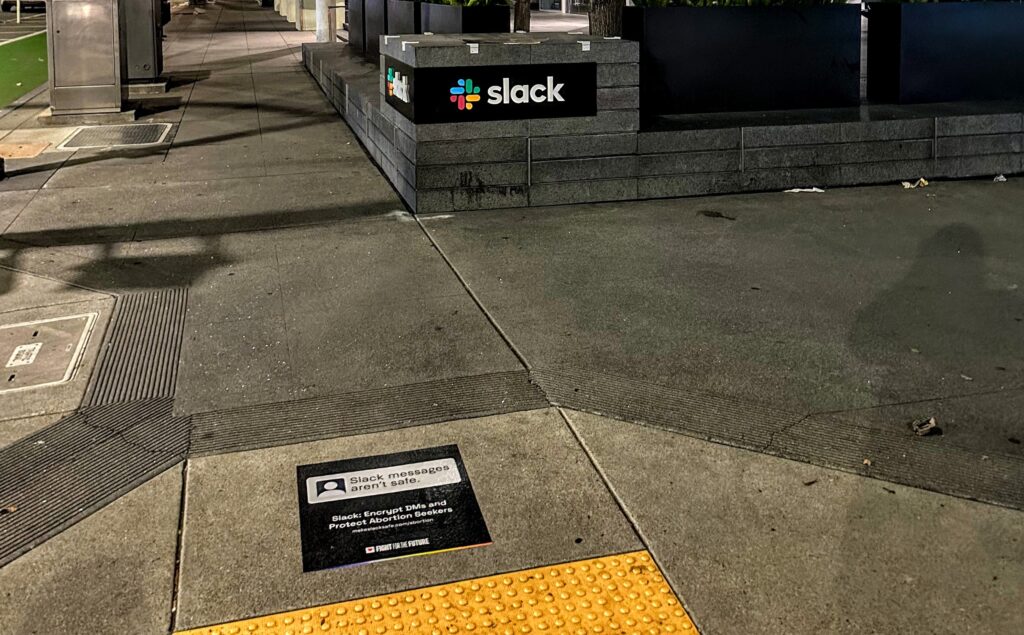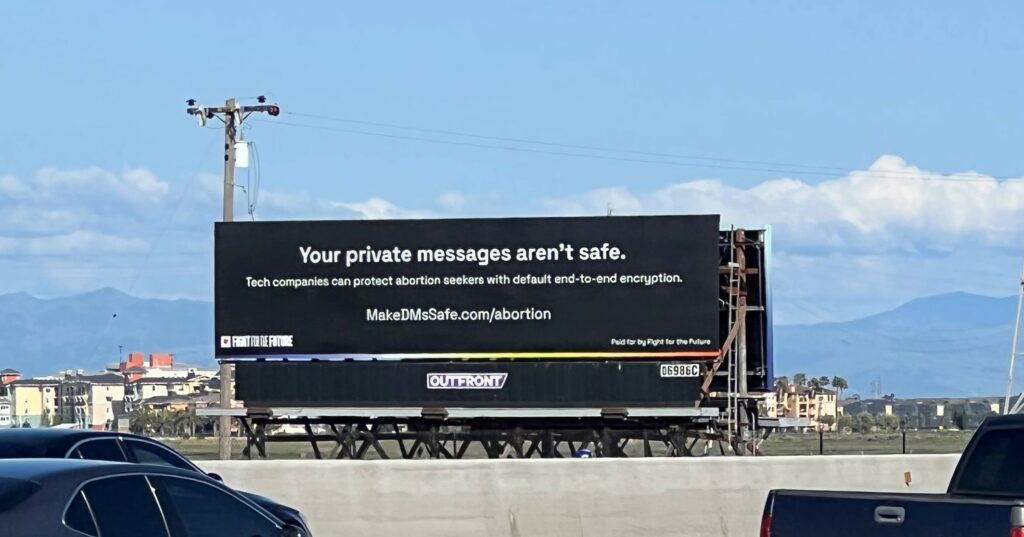Make Slack Safe
Millions of people use Slack to communicate at work and with their communities online. But Slack is not taking the safety of its users seriously—refusing to offer end-to-end encrypted messaging and ignoring cases of harassment. With the reversal of Roe v Wade, and US states passing laws restricting bodily autonomy, unprotected Slack messages could be used to criminalize abortions and other actions.
Safety should be an inherent feature of the tech we use in our daily lives and our workplaces. Sign the letter to demand Slack put user privacy and security first. Tell them to Make Slack Safe.
Slack DMs:
Not as private as you might think
You might think your personal DMs over Slack are private, but they aren’t. Slack doesn’t offer end-to-end encryption to protect your messages. Without this security, Slack employees, hackers, your boss, and law enforcement can all gain access to your communications, and could share them with others. These messages could be used to harass users, union-bust, repress political activism, or to criminalize abortions.
The privacy of our messages has become extremely critical in a post-Roe US, where dozens of states are passing or considering laws criminalizing all kinds of activities—not just getting an abortion but helping a friend get one, helping someone access abortion pills, and even sharing information about how to get an abortion. States are also criminalizing gender-affirming healthcare and other acts of bodily autonomy. All of these repressive laws will be prosecuted using unencrypted messages. Pregnant people – as well as LBGTQ+ people, racial justice activists, women, Black and brown people, immigrants, journalists, and others who have been disproportionately surveilled and targeted by law enforcement historically – all benefit enormously from end-to-end encrypted messaging.
Harassment over Slack:
No way to block or report
Despite the fact that online harassment of workers is on the rise (especially since many people moved to remote work in response to the COVID-19 pandemic), Slack refuses to add a tool to allow people to block other users or report content. No one should have to put up with abusive communications in order to use Slack for work or to connect with communities online. This is especially serious given existing structures that lead to victim-blaming and the downplaying of sexual abuse. We’re able to block phone numbers, text messages, and DMs over Instagram or Twitter. And platforms like Mastodon, Discord, and even Twitch have the ability to report abusive messages. Administrators on these platforms are able to see harassment reports with time stamps, and contextual information, like descriptions, of what happened from reporters and take actions to mitigate this harm. A reporting system for Slack would help harassment victims more easily, in real time, document harm, with necessary information on what happened. Slack should add a block feature to give people the ability to stop abusive messages from reaching them and a reporting feature so those that start new Slack servers or are the main admins can more easily support users in their servers to be as safe as possible.
We can make Slack change
While Slack has shrugged off requests to implement end-to-end encryption in the past, we can make the company change if enough people demand improvements to the safety of the platform. End-to-end encryption is already spreading across messaging systems: Facebook is planning to make it the default for Messenger, it’s been discussed at Twitter, and WhatsApp and Signal are already encrypted by default. Most tools we use to communicate have a way to block people. With enough pressure, we can get Slack to make these common sense changes to protect users. Companies, organizations, communities, and individuals: sign the open letter to Make Slack Safe.
Letter to Slack
Dear Slack,
We are businesses, organizations, communities, and individuals who depend on tools like Slack to connect online. We are activists organizing for change; journalists who communicate with sources and about sensitive stories; nonprofits providing care and support for our communities; companies that need to streamline our processes and share ideas; students, creators, gamers, alumni, artists, athletes, and other communities that use the Internet to connect with people all over the world.
Slack has put the security of our communities in danger by not taking steps to ensure user safety. Safety should be a built-in feature of all technology, so we are calling on you to protect your users by providing the option to enable end-to-end encryption for messages to protect our privacy, and to add blocking, muting and reporting features to help protect users from harassment.
In the US and around the world, governments are using data and digital communications to target human rights defenders and people exposing human rights violations, including political nonprofits, activist networks, journalists. For many of these groups and individuals, Slack is an absolutely vital communication tool, but it could also become the basis of government targeting, repression, censorship.
For years, law enforcement has monitored marginalized groups—including BIPOC, immigrants, social justice activists, women, and sex workers—through their online communications and through other forms of surveillance. Personal communications immediately became a target for criminalizing abortion seekers and providers after the reversal of Roe v Wade. Security experts and human rights organizations have sounded the alarm about this abuse and point to default end-to-end encrypted messaging as a first and best step companies can take to protect targeted communities. End-to-end encryption is crucial for protecting people from anti-human rights attacks on their bodily autonomy and personhood.
Despite critiques from journalists and privacy experts, Slack has not publicized any plans to offer end-to-end encryption. Instead you’re choosing to prioritize profit over users’ privacy and safety.
In addition to unencrypted Slack messages, the absence of functionality to address harassment over Slack puts users at risk. Whether for work, volunteering, or other social communities, many cannot opt out of using Slack. With workplace and online bullying and harassment on the rise, disproportionately impacting marginalized people who might not have other resources or feel comfortable reporting harassment to HR departments or other moderators, Slack must take responsibility to ensure everyone is equipped with resources to defend themselves.
The vast majority of communication tools give users the ability to mute, block, and report people. Adding these features is a simple, commonsense way to offer more protection from harassment on Slack.
Right now, Slack is falling short in terms of the most basic guardrails for platform safety and privacy. At this political moment, this can mean life or death for some people online. We call on Slack to go beyond statements and put into action its commitment to human rights by implementing basic safety and privacy design features immediately.
Signed,
